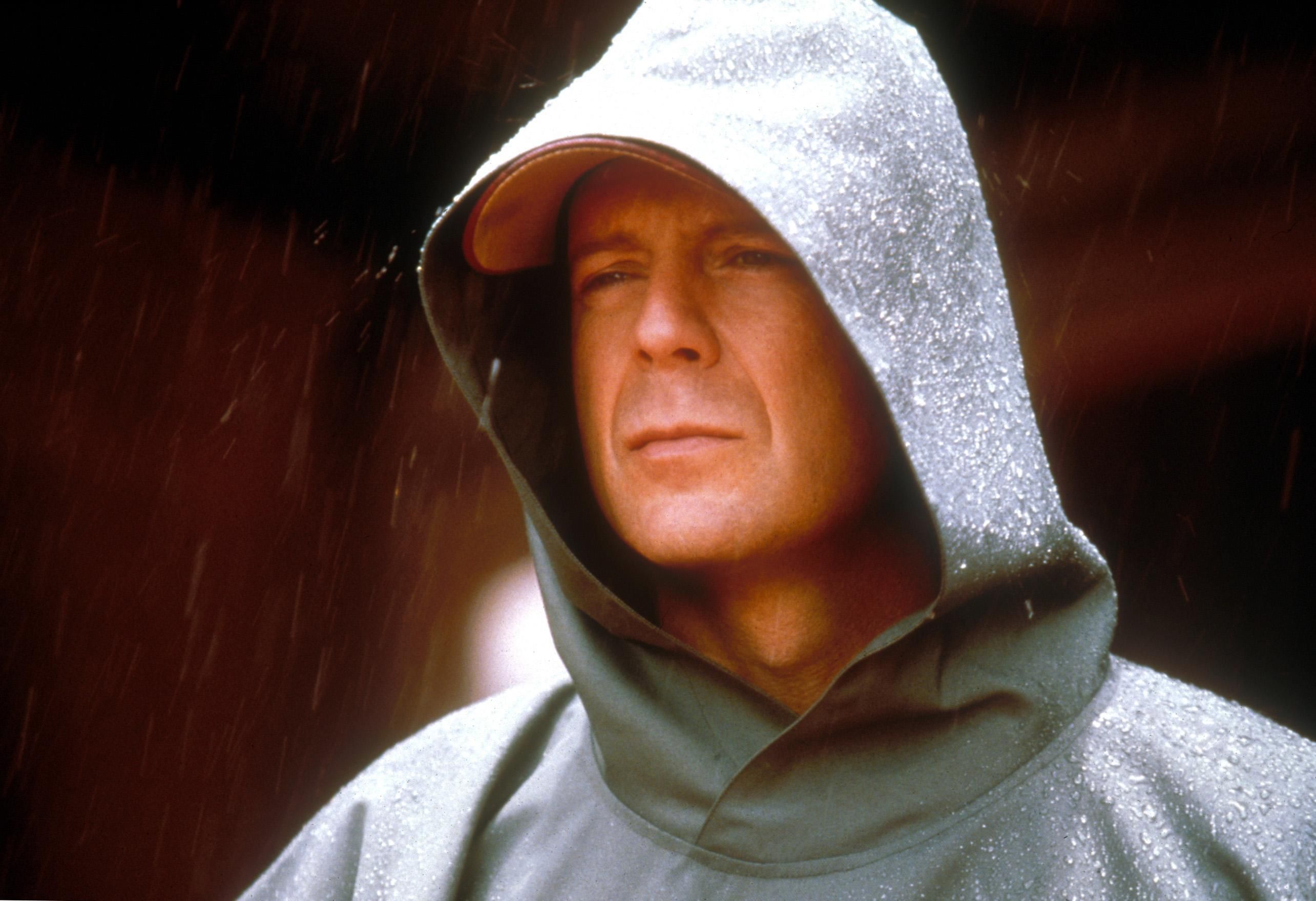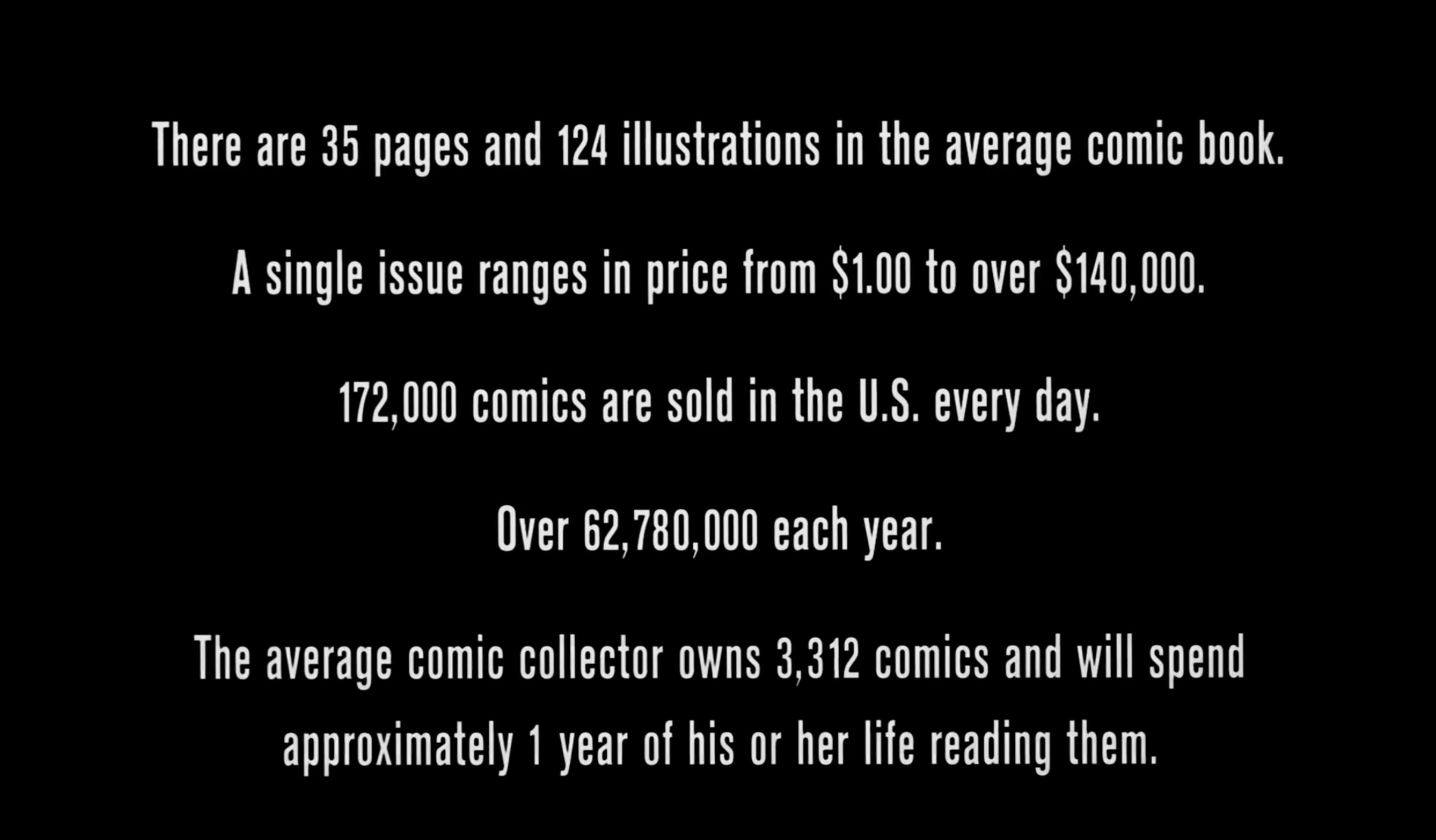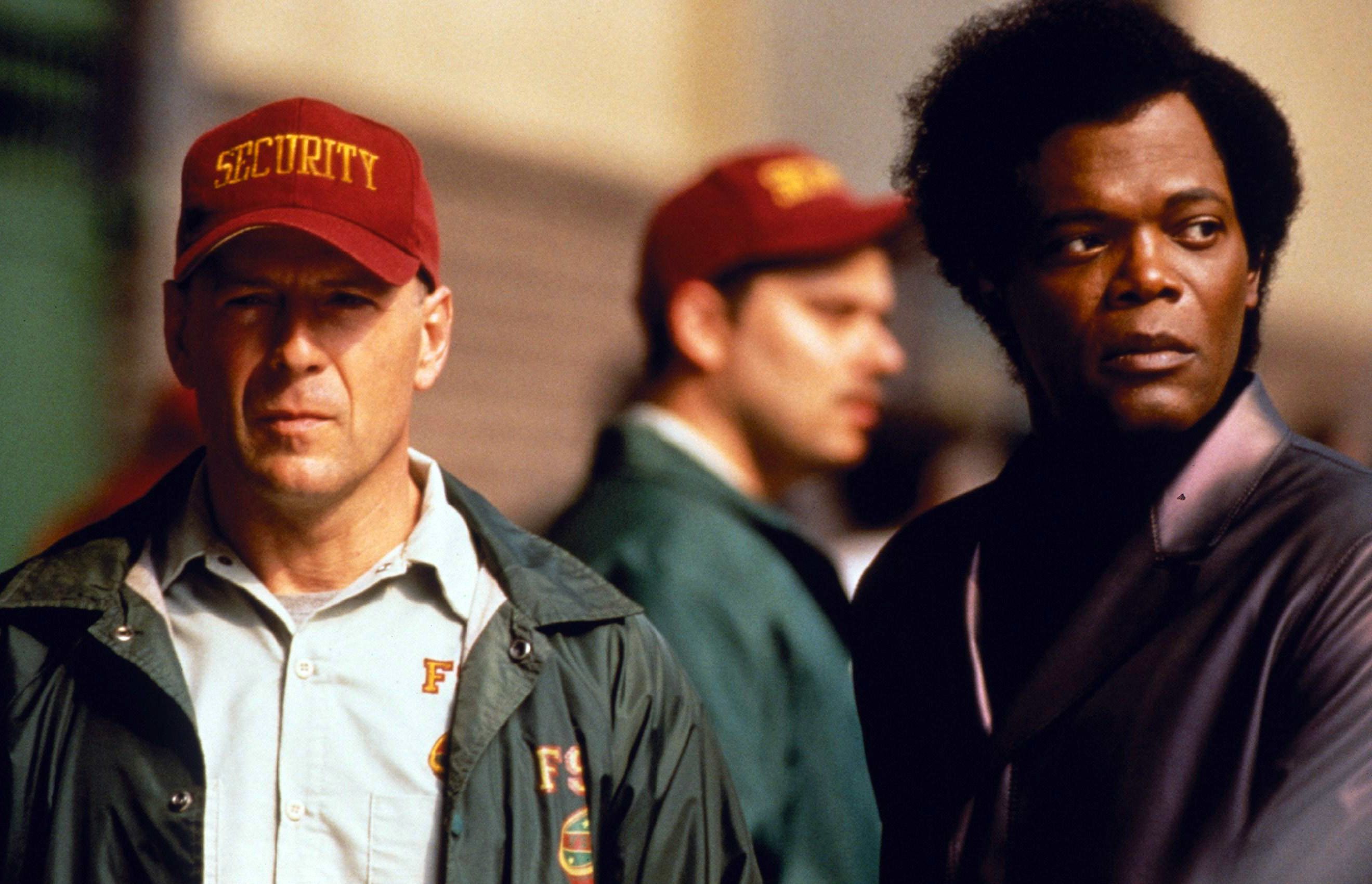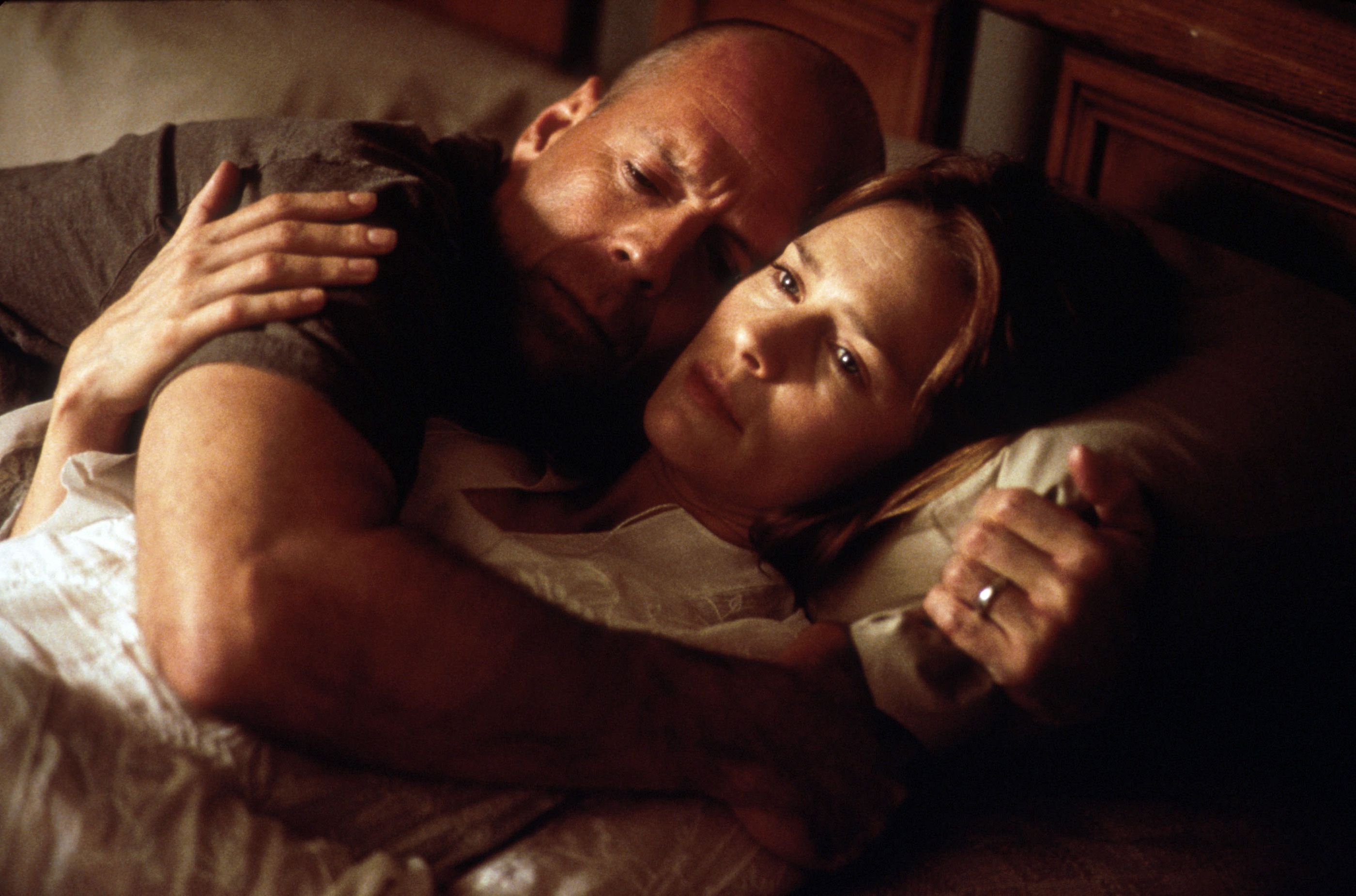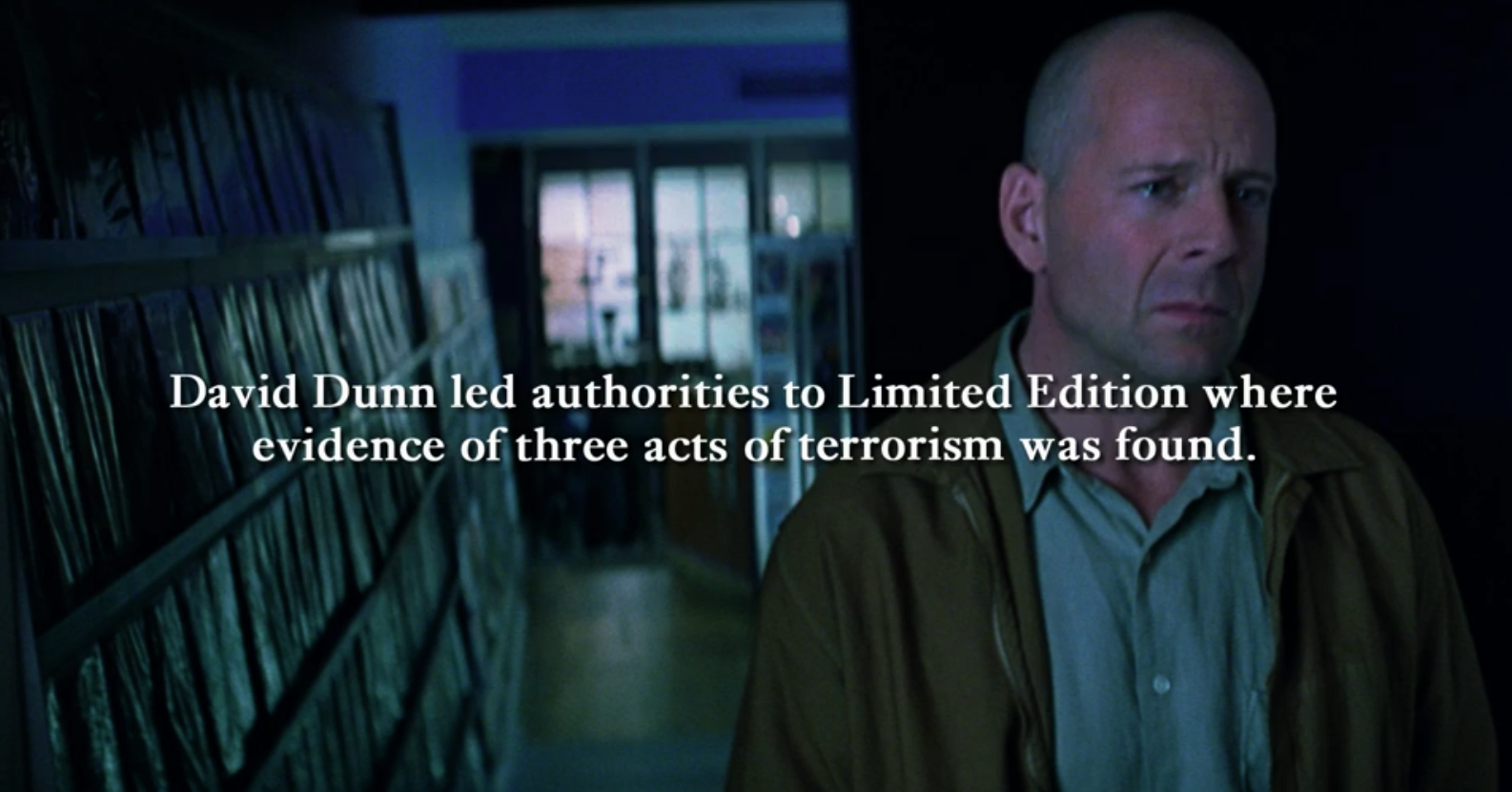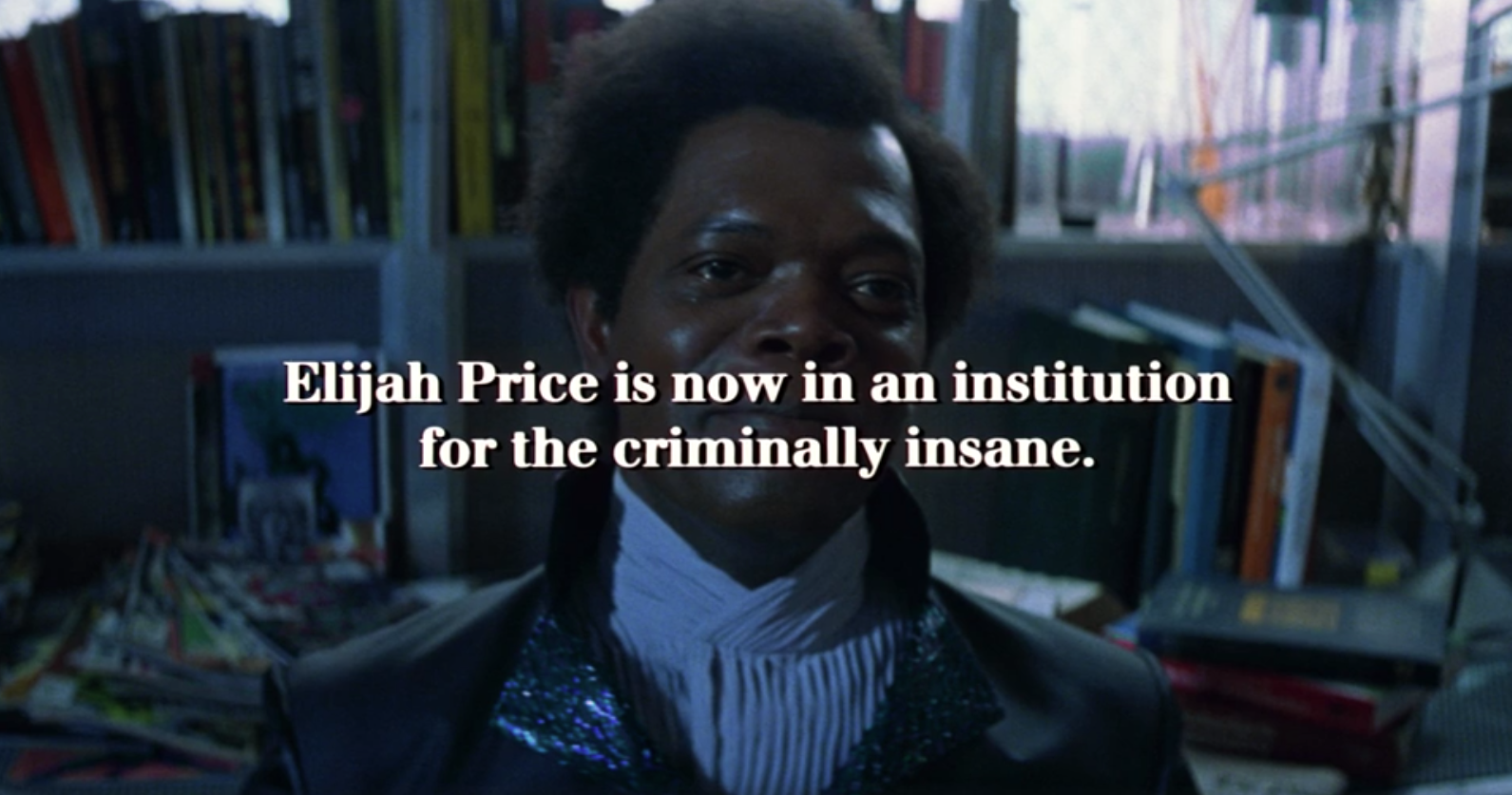It's hard to forget just how great a film Unbreakable is, but one thing you might forget until rewatching is that writer/director M. Night Shyamalan chose to open his follow-up to the Oscar-nominated The Sixth Sense with... a primer about comic books.
Of course, this was the year 2000, well before the new age of comic book movies had dawned — the 1990s had brought us Batman sequels and Blade, but they were far from the pop culture force that we currently know. What remains fascinating today is that Shyamalan's fourth film leaps forward to an era of comic book history that reveals a sophisticated understanding of that genre.
The plot of Unbreakable is actually surprisingly simple, as Shyamalan constructed it not as a complete narrative, but instead as essentially the first act of an origin story, exploded to feature film length. When we meet David Dunn (Bruce Willis), he's a security guard coping with a marriage on the brink of collapse, who manages to survive a horrific train crash without a single injury. His status as the lone survivor of the crash attracts the attention of Elijah Price (Samuel L. Jackson), a man obsessed with comic books after growing up with a medical condition that causes his bones to shatter with the slightest provocation. Convinced that David is gifted with superpowers, Elijah pushes David to explore his potential, even while David attempts to reconcile with his still-technically wife Audrey (Robin Wright) and connect with his son Joseph (Spencer Treat Clark).
It's far from a conventional superhero film — the film's biggest action set piece, if you could say it has one, is a thriller-esque effort by David to save a family which has been held hostage by a disturbed man (Chance Kelly), one played almost entirely in silence beyond a few key music stings. Instead, it's a movie of characters and ideas, exploring the question of how superpowers might change a man for the better, while leaving its biggest twist for the end: Specifically, how the opposite scenario might warp a mind.
And this psychological approach to the question of what it means for a person to have abilities beyond the ordinary is why Unbreakable stands out as remarkably ahead of its time. For those unfamiliar with the history of comic books, know that it can be broken down into specific eras: the Golden Age, the Silver Age, the Bronze Age, and the Modern Age. The Modern Age was what brought us groundbreaking stories like Frank Miller and Klaus Janson's The Dark Knight Returns and Alan Moore and Dave Gibbons' Watchmen — series which challenged the concept of what it means to have superpowers in an imperfect world.
It took comic books literally decades for the storytelling to evolve to that point, to be clear, but while telling stories about superheroes on film was still in its adolescence, here comes M. Night with one of the most insightful looks at this concept. And in this case, Shyamalan doesn't go full The Boys with the idea that superpowers can corrupt those gifted with them. Instead, Unbreakable is invested in exploring a question that would become fundamental to Christopher Nolan's The Dark Knight trilogy, specifically the idea that superheroes and supervillains are inextricably interconnected — if one exists, the other must surely follow.
In The Dark Knight, though, the rise of the Joker (Heath Ledger) and Two-Face (Aaron Eckhart) is seen as almost a legitimate reaction to the presence of an enemy like Batman (Christian Bale). Meanwhile, the existence of David is what Elijah clings to as proof that he exists for a reason: "Now that we know who you are, I know who I am. I'm not a mistake!"
However, Elijah was committing criminal acts well before he knew that there was a superhero out there to justify his super-villainy. And that's where the film's biggest leap comes into play, because Unbreakable, in the end, is daring because it dares to cement this narrative in the real world. The ending goes for a harsh, grounded resolution — rather than an epic battle between hero and villain, the events are resolved with an approach typically reserved for docu-dramas: title cards explaining the ultimate outcome of events:
To quote an earlier line from Elijah, "real life doesn't fit into little boxes that were drawn for it." And that very much goes for the falseness of celebrating superheroes without acknowledging the difference between fantasy and fact. It's a boundary that future superhero movies would go onto ignore, even though 20 years ago, Unbreakable had it all figured out, that the best tales of caped crusaders are the ones that know the harsh truths of reality cannot be escaped.

